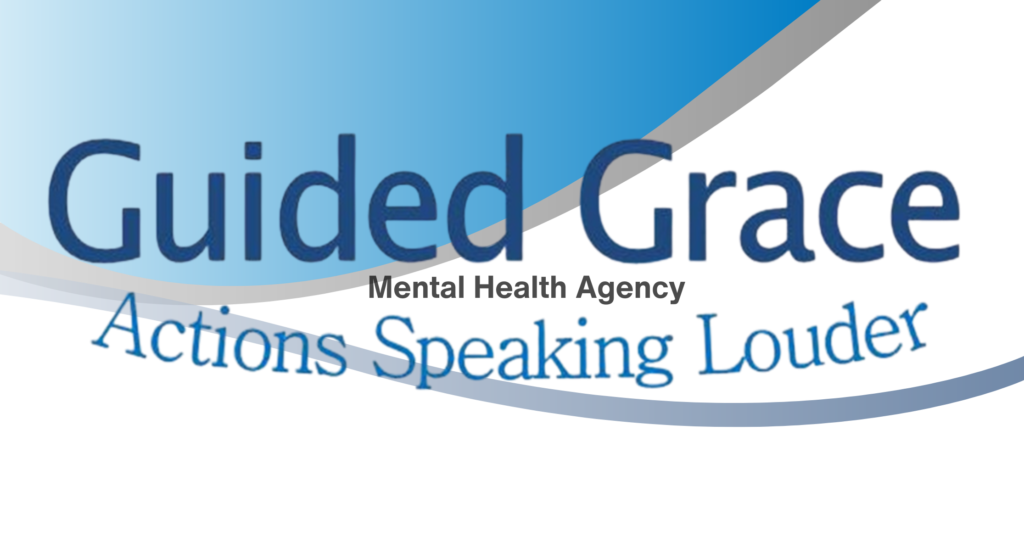Are you searching for the best treatment for PTSD?
Finding the best strategies and support is very important if you or a loved one are dealing with the effects of post-traumatic stress disorder (PTSD).
In this blog, we’ll explore the various treatment options available. We’ll also discuss coping strategies, stress management, and the possibility of living a normal life with PTSD.
Join us as we discuss the world of trauma treatment and provide insights from Guided Grace, a trusted resource for PTSD recovery.
Diagnosing PTSD and Understanding Its Symptoms
Before exploring treatment options, it’s important to recognize the symptoms of PTSD. This happens when an individual experiences a traumatic event.
Common symptoms of PTSD include:
- Rapid thoughts and overthinking
- Flashbacks
- Nightmares
- Avoiding others
- Negative mood
- Changes in your brain and your daily mood
Identifying these symptoms is the first step toward seeking appropriate treatment.
Once you allow yourself to accept that you have PTSD, it makes the process of treatment easier. But first, you need to understand how to cope with PTSD.
What is the Best Treatment for PTSD
Living with post-traumatic stress disorder (PTSD) can be overwhelming at times. The effects of trauma can disrupt daily life, relationships, and overall well-being.
If you or someone you know is experiencing PTSD symptoms, finding the best treatment is very important.
At Guided Grace, we understand the challenges faced by individuals with PTSD. We offer guidance on finding the most effective strategies for managing this condition.
Coping Strategies for PTSD
When managing PTSD, different coping strategies work for different individuals. Guided Grace recommends a multi-faceted approach that combines various techniques.
- One effective coping strategy is engaging in therapy. Cognitive-Behavioral Therapy (CBT) focuses on changing negative thought patterns and behaviors.
- Eye movement desensitization and reprocessing (EMDR) therapy is another evidence-based treatment that helps individuals process traumatic memories and reduce distress.
In addition to therapy, self-care is vital in managing PTSD symptoms.
- Relaxation techniques like deep breathing, meditation, and mindfulness can help alleviate stress and anxiety.
- Regular exercise and sufficient sleep are also important for overall well-being and managing PTSD symptoms.
Snapping Out of PTSD Episodes
PTSD episodes, commonly known as flashbacks or triggers, can be distressing and disorienting.
It’s important to have strategies in place to help navigate these moments. Guided Grace suggests grounding techniques to regain control during flashbacks.
These techniques involve focusing on the present moment by engaging the senses.
- For example, feeling an object, noticing specific sounds, or focusing on breathing.
- Deep breathing exercises, progressive muscle relaxation, or listening to soothing music can also help individuals snap out of PTSD episodes and return to the present.
Handling Stress with PTSD
Living with PTSD often means managing heightened levels of stress.
It’s crucial to develop healthy stress management techniques to prevent symptom exacerbation.
Guided Grace recommends creating a stress management plan that includes
- Identifying triggers
- Setting boundaries
- Practicing self-compassion
This may involve setting aside time for relaxation activities, seeking social support, or participating in stress-reducing activities like art therapy or nature walks.
Living a Normal Life with PTSD
Many people wonder if it’s possible to live a normal life with PTSD. While the effects of trauma can be long-lasting, individuals can lead fulfilling lives with the right treatment and support.
With proper treatment, coping strategies, and self-care, individuals with PTSD can achieve a sense of normalcy.
When it comes to finding the best treatment for PTSD, there is no one-size-fits-all approach. Each individual’s journey is unique; what works for one person may not work for another.
At Guided Grace, we believe in building a strong support system. We encourage seeking professional help, exploring evidence-based therapies, and implementing self-care strategies.
By combining various treatment modalities and developing personalized coping mechanisms, individuals with PTSD can work towards healing, managing symptoms, and living fulfilling lives.
Remember, you’re not alone in this journey. You can reach out to Guided Grace for support, seek guidance, and empower yourself to overcome the challenges of PTSD.
Together, we can navigate the path to recovery and find the best treatment options for a brighter future.

